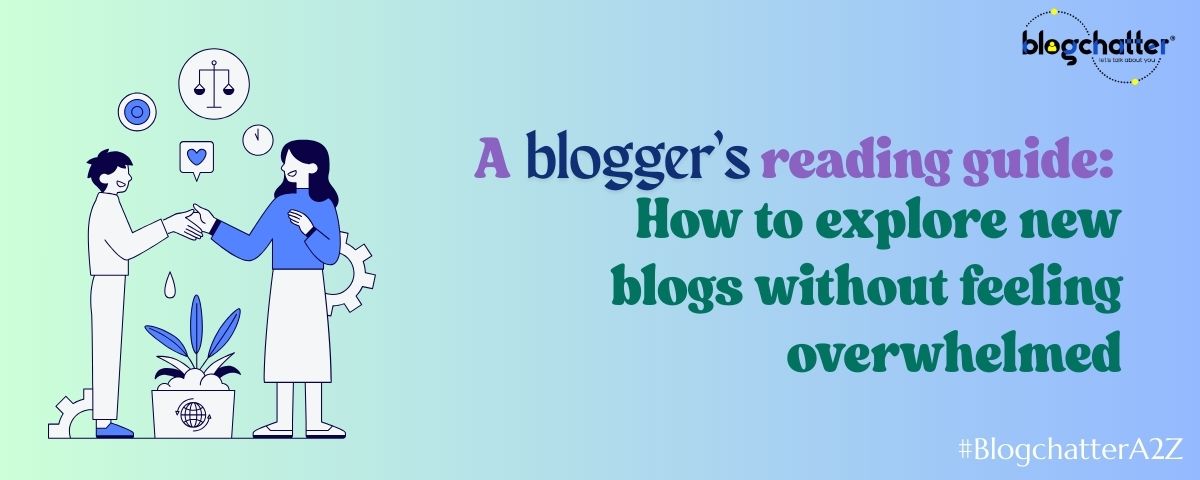Recently my employer gave me and my colleagues this fascinating book about how organizations that achieve exceptional success stay true to their purpose for being. At first, I was skeptical about it being another motivational, fluff-heavy book, but it turned out to be a great read. Its real-life examples on an organizational level could be realized on an individual level to achieve personal and professional life goals.
Who is Simon Sinek and why should we listen to him?
Simon Sinek is a marketer who worked at renowned ad agencies in the US such as 'Ogilvy & Mather' and 'Havas Creative' after which he started his own company Sinek Partners in 2002. After a few years in 2009, his Ted Talk How Great Leaders Inspire Action went viral. This led him to write his first book ‘Start With Why - How Great Leaders Inspire Everyone to Take Action.’
People like Simon Sinek give us a new perspective on important issues, and help us re-shuffle our thinking and solve problems. Sinek’s expertise is in communicating abstract and broad concepts in a way that is easily digestible and actionable.
The "why" that drives us all
“Why” is a question that has baffled the greatest philosophers and thinkers since the dawn of mankind - why are we here, why do we do what we do? Questions regarding the nature of existence and the meaning of life itself have always fascinated everyone.
To be happy and successful in life we need to know our “why’s” concerning our core values as a person.
Whether it is in your career, your love life, or other life goals, you will need to start with your motivation for doing something. Simon Sinek addresses this on an organizational level, linking it to the success of established companies that are respected and well-known the world over.
How some companies succeed due to their "why"
Sinek states his rule of the golden circle starting with why at its center, surrounded by concentric circles of how and what. Companies that follow this principle tend to build a loyal clientele who serve as brand ambassadors and gain a cult following.

Even though I haven’t yet been baptized by the purchase of an iPhone or Mac, Sinek says Apple is one of those companies that are steadfast with their “why,” and I completely agree with that. Apple has made it part of its core culture to stand out from the crowd as a technology leader. What they do is copied by companies without question or modifications - look at the campaign by One plus “Shot on Oneplus” - Apple did it first. When they removed the headphone jack on the iPhone, Samsung first mocked it, then followed suit.
While Apple’s mission statement sounds vanilla at best, its product and service offerings are aligned with constant innovation and transformation to break the status quo in the industry. While Steve Jobs faced criticism for not doing any of the coding, he made it a point to keep the why clear, which continues to date. People don’t buy Apple products, rather they buy into a culture and school of thought.
Dell makes some of the most reliable computer products in the world but lacks the cult following that Apple commands. This is because Dell put their “what” first and sidestepped the why. They make great products, but do not lead with a single-minded vision that connects on an emotional level with consumers.
Applying the "why" principle to our everyday life
.jpg)
We often rely on our “gut instinct” to make critical decisions in a short frame of time that makes our lives simpler. The limbic part of the human brain is responsible for this instinct along with emotional responses, behavior, and decision-making. This part of the brain has no capacity for articulation or language. The neocortex part on the other hand is the logical half that has evolved more recently that imparts reasoning, analytical thinking, and the ability to converse and articulate ideas.
Sinek tells us that companies that are exceptional with a loyal following appeal to the limbic brain of the consumer through proper design and planning. Companies that do well but have fluctuating consumers usually make the mistake of starting with the what, where the vision is drawn from the products made.
People often face failure or disappointment while pursuing their goals when they start with the what of their life goals.
When we go about our lives, working in our job and interacting with people, we should be clear about our core values. When doing a job search, or choosing to undertake education, we should ask ourselves "why are we doing this?" The answer might be: I want to heal people, I want to understand things better, I want to build things. This will lead to our how, which is to become a doctor, a scientist, or an engineer. We shouldn't start with our "what's" which are I want to make money, I want to tinker with electronics, and so on.
Be crystal clear about your motives and life will become more fruitful and fun.
Your “Why” needs to be strong enough
Sinek goes on to address the sales strategies used by companies to acquire customers or push sales. Price and promotions act as positive incentives or carrots and fear and aspirations can be used as negative incentives or sticks. While these strategies might work in the short term, they are inherently unsustainable. Only companies with a clear and consistent vision that connects with their customer tend to transform their market landscape.
On an individual level, people need to rely on a motivation that is strong enough to weather any difficulty that may crop up. A familiar example of this would be people who get into blogging to make a quick buck. This rarely works out since blogging requires consistent effort and content creation that can only be fueled by a passion for self-expression in a domain of interest. I love movies and everything related to it, which is why I write about movies and series I enjoy on themoviejunkie.com. It doesn’t take extra effort and helps me achieve a state of flow.
So take time to reflect on your core values and life goals and see how you can align them to arrive at a why that is strong enough to power through any obstacles. You will find that you are enjoying the journey more than the destination and will be delighted when you achieve your goals, whatever they may be!
You can pick up more blogging related tips here.





